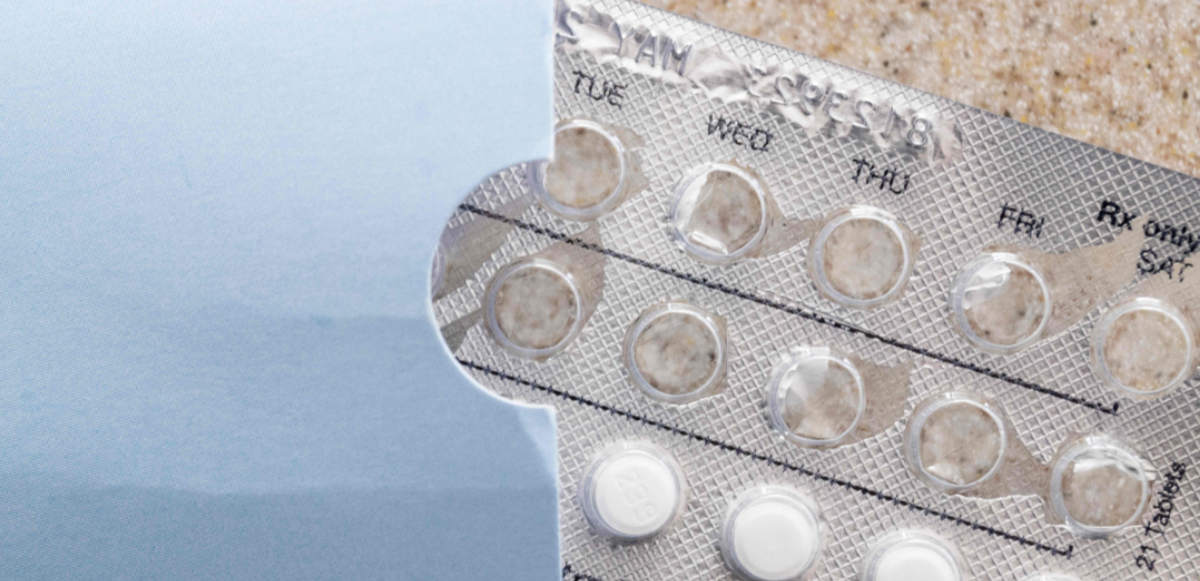A new study from the UK has pointed to an association between hormonal contraception and depression, confirming the results of previous studies that have long linked hormonal birth control to mental health concerns, especially among teenagers.
According to Science Daily, the study is “one of the largest and widest-ranging to date, following more than a quarter of a million women from UK Biobank from birth to menopause.” Researchers collected data about women who used contraception containing progestogen, a compound resembling the natural hormone progesterone as well as oestrogen, and when they first received a diagnosis or first experience symptoms of depression without receiving a diagnosis.
The study found that women who used such contraception as teens had a 130% increased risk of developing symptoms of depression. Adult users of the contraception had an increased risk of 92%. While the incidence of depression among adult women began to decline after two years of taking the contraception pill, teenagers continued to experience an increased incidence of depression even after they stopped taking the pill.
“The powerful influence of contraceptive pills on teenagers can be ascribed to the hormonal changes caused by puberty. As women in that age group have already experienced substantial hormonal changes, they can be more receptive not only to hormonal changes but also to other life experiences,” said Therese Johansson of the Department of Immunology, Genetics and Pathology at Uppsala University, a researcher involved in the study.
Hormonal birth control has previously been linked to mood swings, possibly due to a “significantly smaller hypothalamus volume” in women taking the pill versus women not taking the pill. The hypothalamus regulates mood, appetite, sleep cycles, and sex drive, as well as body temperature and heart rate. Various types of hormonal contraception, including the IUD, the patch, and the ring, have also been linked to anger and depression in addition to an increased risk of suicide.








